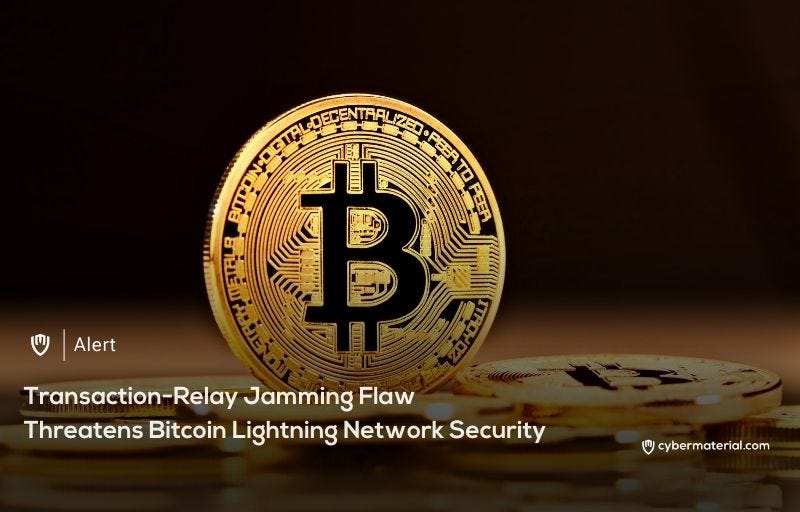
A newly identified vulnerability, CVE-2024-55563, has been discovered within the Bitcoin network’s transaction-relay mechanism, posing significant risks to the stability of the Lightning Network. Thi…

A newly identified vulnerability, CVE-2024-55563, has been discovered within the Bitcoin network’s transaction-relay mechanism, posing significant risks to the stability of the Lightning Network. Thi…